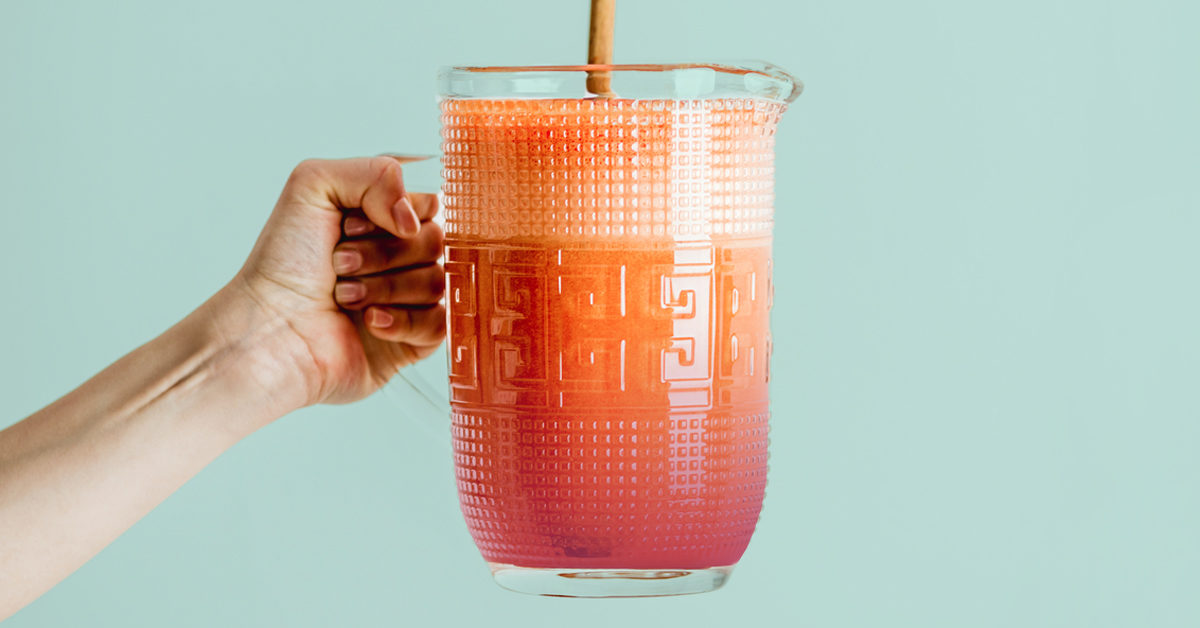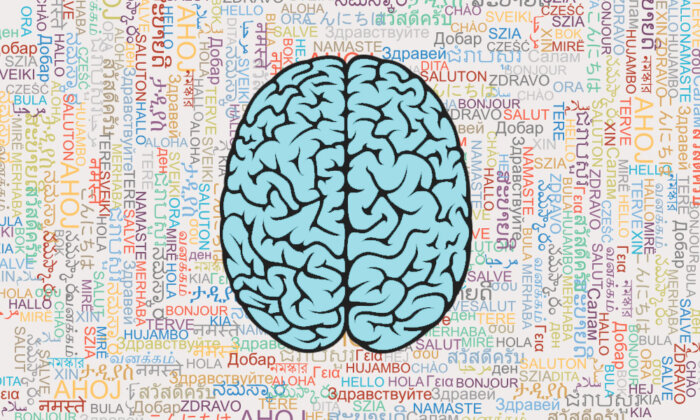
Your doctor may have specific recommendations for foods you should avoid. There are still some things you can take to avoid high blood pressure. Limit your intake of processed foods, fatty cuts, and other unhealthy foods. Also, keep a record of all medications. This will help you avoid forgetting to take your medications. A list of your medicines should be kept with you at all times, so you will be able to refer to it quickly.
Dr. Desai suggests that people with high blood pressure exercise as often as they can. Walking, running and swimming are all great options. Salt is a major enemy of high blood pressure. Too much salt increases the volume of fluid in the blood and raises the pressure in the arteries. Salty foods should be avoided.

You should also eat a healthy meal. Good nutrition includes fruits and vegetables high in fiber and low in saturated oil. As a supplement, you can take vitamins and minerals or whey protein to lower your blood pressure. Reduce your intake of alcohol and sugary beverages. This will help lower your high blood pressure risk.
You should also reduce your intake of saturated fat and salt. Salt is a major component of processed foods, which are often high-sodium and high-in sugar. Instead, eat a diet rich in vegetables and fruits. This will reduce your blood pressure. You can also reduce the amount of alcohol that you consume. High blood pressure patients should avoid alcohol. This is especially true if your age is over 60 or if you have been drinking heavily in the past.
As long as you're following the above tips, you'll be on the right track towards a healthier heart. These tips can help you keep your blood pressure healthy and make you feel happier. These tips can be a great help for you and your doctor. Once you've learned how to control your blood pressure, you'll be on your way to a healthier lifestyle. Once you have found the right balance you will be able to live your life to its fullest.

You should also limit the amount of alcohol you consume. A standard beverage contains 14 grams of alcohol, so drinking in moderation is the key to lowering your risk of high blood pressure. You can also try to avoid salty foods that contain too much sodium. A low-sodium diet is a great way to keep your blood pressure at a normal level. Reduce salt intake in your daily meals.
FAQ
What's the best workout for men over 40?
Older men will find that the best workouts give them more energy as well as improve their stamina.
It is important you remember that most people aged 40 and over experience a loss in testosterone. This results in lower sex drives.
This doesn't mean that you shouldn't still engage in physical activity. Numerous studies have shown that aerobic exercise can increase testosterone levels in certain men.
Aerobics can be a good way to improve your sexual performance.
What is a good seven-day workout routine?
A seven day exercise program should include cardiovascular training (running or biking), strength exercises (using freeweights, weight machines) and one flexibility/core workout. It is important to complete each activity at least once weekly. Maximum 45 minutes should be allotted for each session.
Cardiovascular Exercise: Running, Biking, Swimming
You should aim to get at least 60 mins of cardio exercise per week. For best results, aim for 75 minutes per week. Cardio exercise can improve blood flow and stimulate muscle development.
Strength Training
Cardio exercises work on the heart and lungs. Strength training works on the muscles and bones. Strength training helps you burn calories even while resting.
Flexibility and core workouts
Core and flexibility exercises are great ways of strengthening your whole body. Both yoga and Pilates are excellent options.
Is it true that kidney stones can be caused by overeating protein?
Protein is essential for healthy bones and tissue. However, too much protein can result in calcium excretion through the urine. This can cause kidney stones.
It is important to remember that not all people get kidney stones from eating more than 2g protein per kilogram (2.2lbs) of body weight. Some people can eat high amounts of protein without getting kidney stones.
Watching your sodium intake can help prevent kidney stones. Sodium regulates the body's water balance. High levels of sodium are linked to a greater risk of developing renal stones.
You can also try reducing your protein intake if you get kidney stones. The majority of adults need protein for half their daily caloric needs. It is possible to lose weight by cutting down on your intake of proteins.
If you do decide to eat more protein, don't go overboard. Limit your intake to 20% of your total daily protein intake.
What's a good workout routine for daily?
Regular exercise is key to staying healthy. No matter what kind of exercise you do, as long you do it consistently. The key thing is consistency. It is important to stay consistent in order to get results.
Begin small daily activities like walking. Start by walking for a few minutes every day. Gradually increase your time exercising to 30 minutes per week. You could do this by running, swimming, weight training or yoga.
It's important that you get your exercise done every day. Don't skip any sessions unless you have a valid reason for not attending.
If you exercise outside, ensure that you wear appropriate clothing and footwear. You also need to consider the weather conditions and whether they affect your ability to exercise safely.
When you exercise, make sure you are drinking plenty of water. Drinking alcohol during exercise can cause dehydration. Caffeinated beverages such as tea, coffee, and cola should be avoided. They can give you energy, but will also dehydrate.
At first, it's normal to feel tired after you finish your exercise routine. You'll feel more energetic and refreshed if you keep going with your exercise program.
What foods should I avoid when trying lose weight?
Trans fats should be avoided. Trans fats increase LDL cholesterol (the bad) and decrease HDL cholesterol (the healthy).
Trans fats are found in deep-fried foods, fast food, packaged baked goods, snack cakes, and other processed foods.
These unhealthy fats also contribute to inflammation, leading ultimately to heart disease or diabetes.
Avoid foods containing artificial sweeteners. Artificial sweeteners can increase your risk of developing cancer.
They are found in everything, from soft drinks to chewing tobacco to candy bars. These chemicals are also found in meat, poultry, eggs, and other foods.
Artificial sweeteners include saccharin, cyclamate, sorbitol, aspartame, acesulfame-K, and sucralose.
The American Heart Association advises against using these chemicals, as they could damage DNA.
Can I go to the gym seven days a week?
Yes, you can go to a gym seven days per week. But not all at once. It is important to find a time and place where you can exercise without feeling tired or exhausted.
This will keep you motivated and provide energy for other activities.
You also need to ensure that you eat well enough during these times. This will help you not feel tired or slow at the gym.
You must ensure that you don't have any other competing demands on your time. For example, if you have children, you may want to avoid exercising on school nights as they will distract you from your workout.
Is Cardio Better Than Strength Training?
Both are equally great. If you want to increase muscle mass faster, cardio is the better option.
Cardio burns far more calories per min than strength training. It also burns fat more efficiently.
Strength training is a great way to build muscle mass. However, it takes more effort than cardio.
Statistics
- Candidates and applicants must pass all four tests at 70% (minimum level) to graduate from Basic Deputy U.S. Marshal (BDUSM) Training. (usmarshals.gov)
- By John Thompson Take a whopping 38% off a set of PowerBlock Pros. (menshealth.com)
- An estimated calorie range for moderately active adult males falls between 2,200 to 2,800 calories per day, depending on age. (eatright.org)
- Get free shipping and 25% off today. (healthline.com)
- 10 pounds in a month is likely during a lean bulking phase, especially for beginners. (muscleandstrength.com)
External Links
How To
What nutrients does a man require daily?
Men require daily nutrition for healthy growth and development. The body requires vitamins, minerals, proteins, carbohydrates, fats, water, fiber, and other essential elements.
The male body also requires specific nutrients at different times throughout the day. Your body makes hormones, antibodies and enzymes when you are asleep. When you wake up, your body uses protein to repair damaged tissue and build muscles.
Your body uses the night to break down fat and store extra energy as glucose. Your body requires fewer calories, but still needs enough nutrients. You can have a snack at night if you feel hungry.
You need to eat enough carbs and protein when you exercise. Muscle soreness can occur if you work out hard.
To prevent this from happening, you need to consume carbs or protein within two hours. Your body will use stored glycogen to produce glucose for energy.
After your workouts, you should eat protein immediately. This prevents the breakdown of muscle tissue that occurs while you sleep.
Lactic acid is produced by the body during periods of intense exercise. It builds up in your bloodstream, which can lead to fatigue. Eat foods high in carbohydrate, such as fruits, vegetables, to avoid this.
Carbohydrates are a good source of energy to help you recover from hard exercise.
A healthy diet should include lean meats such as fish, eggs and milk, cheese, yogurts, beans, seeds, nuts, and beans.
These foods all contain high-quality proteins. Protein promotes muscle growth, and helps repair damaged tissues. Protein also supplies the amino acids your body requires to make sex hormones, such as testosterone.
To maintain healthy skin, hair, and joints, you also need sufficient dietary fats. Healthy men need between 20% - 35% of the total caloric intake to be fat.
Fat is good for your heart and helps you fight cancer. Your brain also functions properly thanks to fat.
Most of the fat you need can be obtained from vegetable oils, including sunflower oil (or soybean oil), peanut oil, peanut oil, soybean oil, and peanut oil.
These oils are rich in monounsaturated essential fatty acids (MUFAs). MUFAs are good for lowering cholesterol and reducing inflammation. They protect your cells from damage by free radicals.
Saturated oils (SFAs), found primarily in animal products such meats, dairy products and butter, are known to raise LDL ("bad") cholesterol. SFAs raise LDL ("bad") cholesterol and increase triglycerides. They promote weight gain as well as belly fat.
Plant-based oils such as vegetable oil, nuts, seeds, or grains are rich in polyunsaturated fats (PUFAs). PUFAs help improve cardiovascular function, and lower inflammation. They also help control blood sugar and cholesterol.
Erectile dysfunction can often be a problem for men who have low HDL ("good") levels of cholesterol. Consuming high amounts of saturated fats can increase bad cholesterol and lower good cholesterol.
Because of the high levels of nitrates in red meat and pork, men with prostate problems may eat more of them. If cooked at high temperatures, the nitrates become nitrosamines. These compounds can cause cancer.
Most processed meats contain nitrites or other harmful chemicals. They should be avoided.
The American Heart Association recommends that you limit your intake of red meat to 2 per week. Instead, opt for poultry, fish, legumes and tofu as well as whole grains bread and cereals.